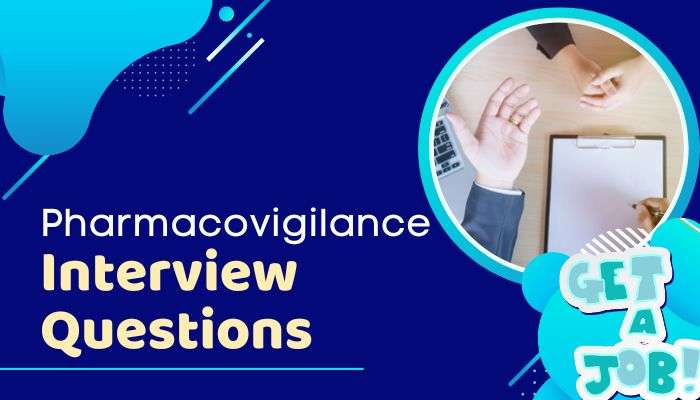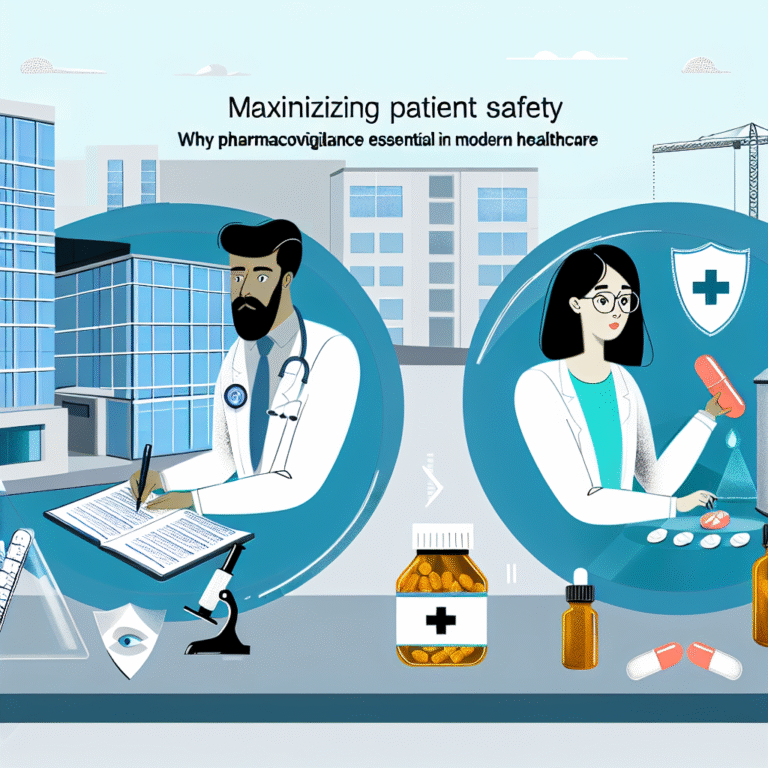Mastering Pharmacovigilance: Essential Skills for Aspiring Drug Safety Professionals
Mastering Pharmacovigilance: Important Skills for People Who Want to Keep Drugs Safe
Introduction
The world of medicine is always changing, and pharmacovigilance is a big part of making sure drugs are safe. Pharmacovigilance means checking if drugs are safe and doing what they should. People who work in drug safety are like heroes who make sure the medicines we take are okay. This blog talks about the important skills you need to have if you want to work in drug safety, especially if you are just getting started in this field.
Understanding Pharmacovigilance
Pharmacovigilance is all about finding, understanding, and stopping bad reactions from drugs. It’s about making sure medicines are used safely. This work involves collecting data, looking for signals, managing risks, and sharing information about drug safety.
Organizations like the FDA (Food and Drug Administration) and EMA (European Medicines Agency) set the rules for drug safety. They make sure companies keep drug safety a top priority.
Key Skills for Pharmacovigilance Professionals
1. Scientific and Medical Knowledge
– You must know how medicines work and how they affect the body.
– Knowing how medicines are made from start to finish helps understand how they reach people.
– Understanding clinical trial data is important for finding bad reactions and making sure drugs are safe.
2. Analytical and Critical Thinking
– You should be able to find and understand bad reactions from drugs.
– You need to be good at figuring out risks with medicines to manage them well.
– Being able to understand complicated information helps with making good decisions.
3. Regulatory Knowledge
– It’s important to know and follow laws and rules about drug safety.
– You should learn about international standards like ICH (International Council for Harmonisation) and GVP (Good Pharmacovigilance Practices).
– Knowing the rules from the FDA and EMA helps follow the law.
4. Communication Skills
– You have to write reports that clearly explain safety findings.
– You should be able to explain complicated science stuff in a simple way for others to understand.
– Working well with different teams like scientists and marketing people is important.
5. Data Management and IT Skills
– You need to know how to use databases and software for drug safety like Argus or ArisGlobal.
– It’s important to be good at finding new safety information.
– You should know electronic reporting systems like EudraVigilance and MedWatch.
Advanced Skills for Becoming an Expert
6. Leadership and Management
– Leading teams and projects in drug safety is important for getting things done well.
– Planning strategies and using resources smartly leads to better results.
– Teaching and guiding new people in the field helps grow the next group of safety professionals.
7. Legal and Ethical Understanding
– You need to understand the rules of ethics and safety in pharmaceuticals.
– Knowing about drug safety and intellectual property is key to protecting a company’s interests.
– Managing privacy and data protection is crucial for following rules.
8. Continuous Learning and Adaptability
– It’s necessary to keep up with new things and changes in drug safety.
– Being open to using new skills and technologies improves drug safety work.
– Going to training and conferences helps with professional growth.
Career Pathways and Opportunities
Working in pharmacovigilance can be exciting with different career paths to choose from. You can become a risk management specialist, regulatory affairs expert, or lead safety analyst. Networking is really important for career growth, and joining professional organizations or going to industry conferences can help make valuable connections. Groups like Pharmacovigilance Foundations provide important knowledge and insights about this field.
Conclusion
In conclusion, learning these important skills in pharmacovigilance is crucial for people who want to work in drug safety. These skills make sure drugs are safe and effective and help the health of the public. Facing the challenges and opportunities in drug safety can lead to a successful career in pharmacovigilance, bringing personal and professional happiness in a field that makes a real difference.
Additional Resources
– Recommended Reading: “Pharmacovigilance: Principles and Practice” by Barton Cobert.
– Online Courses: Look on Coursera or LinkedIn Learning for pharmacovigilance courses.
– Professional Organizations: Join groups like the Drug Information Association (DIA) or the International Society of Pharmacovigilance (ISOP).
– Conferences: Attend meetings like the DIA Annual Meeting for networking chances.
– For mentorship opportunities and more insights into every step of pharmacovigilance, feel free to contact Pharmacovigilance Foundations.






